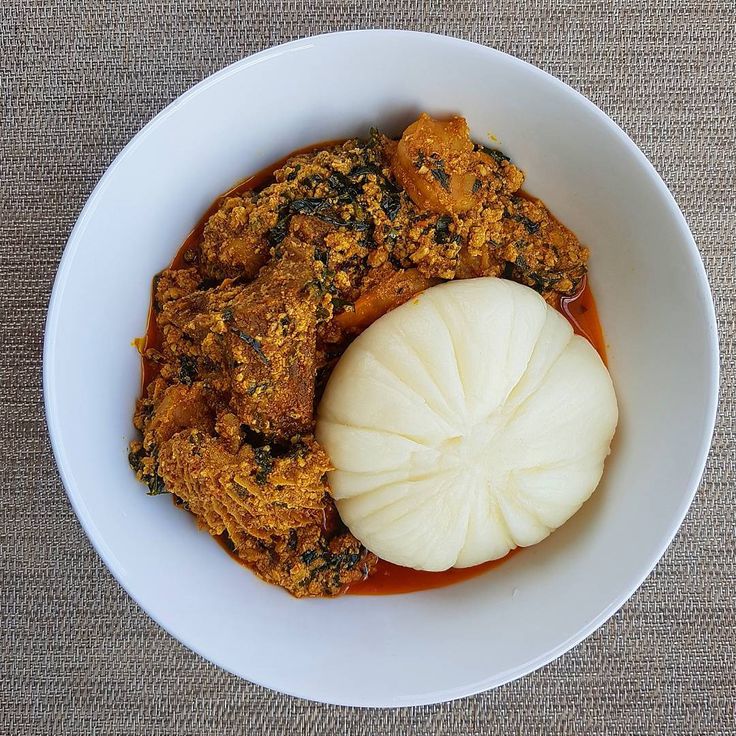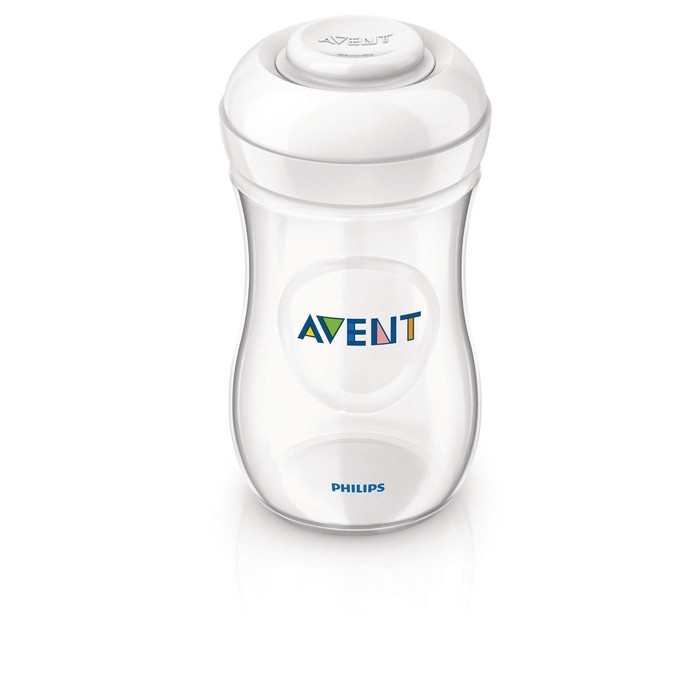Nigerian food for 1 year old baby
20 NIGERIAN FOOD FOR BABIES 6 MONTH ON
Our list of 20 Nigerian food for babies from six months to eat
These are 20 Nigerian food for babies 6 months on.
The list is given with links to recipes in case one needs to learn how to cook these foods. They are good foods to introduce to a six-month-old. From six months, we are encouraged to start giving our babies solids even though I start earlier though.
Watch me prepare homemade baby food for my little one.
There are so many Nigerian foods for babies that can be fed 6-month-olds, loaded with nutrition. New parents sometimes think that processed canned foods are the best. yes, they are the best when you cannot find another alternative.
Here is a video of me making soya bean baby food at home. You can watch and use it if you like the recipe.
Also, learn how to make soya beans baby food from scratch with few ingredients.
If you have a kitchen, with pots and foodstuff, then there is no need for struggling with semi-solid canned foods. Canned baby foods have saved lives since and before we were born but they are not the best because to increase shelf life, sometimes preservatives are added, and to make them appealing to babies and parents or caregivers, artificial colors are also added most times.
I cannot sit here and condemn canned baby food. Nor judge you for feeding your six-month-old processed foods because they are not poison. They are food but not the best when compared with fresh foods. If you can, cook for your six-month-old or reduce the hotness.
PEPPER OR NO PEPPER IN BABY FOOD
Nigerians love spicy hot foods and these and that’s not bad but bad when you feed them to a six-month-old.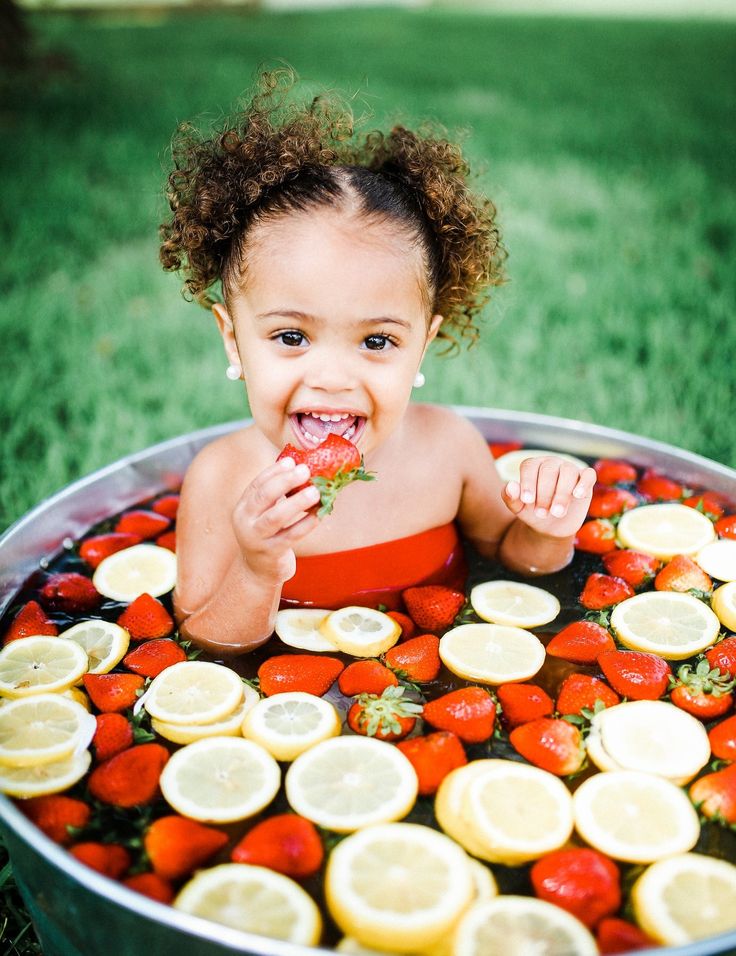
What I did when my kids got to that age was make my pepper sauce that’s already well cooked and store in the freezer. When cooking, the pepper container is brought out and kept to wait.
No pepper or very little is added during cooking. Once the food is almost ready, all ingredients have been added, we scoop out a small quantity into another cooking pot before adding more peppers to the general pot.
That way, the baby eats the same food everyone is eating without problems. It helps save money when at six months, babies are given solid foods served the whole family.
If you have more than one kid, you’d probably have observed that some children prefer cooked foods to the ones labeled baby food at stores. Some babies are just that way and there’s nothing anyone can do. MANY BABIES IN NIGERIA ENJOY HOMEMADE BABY FOOD
HOME COOKED MEALS?
We once had a neighbor who didn’t want her baby to eat local foods, wanted to try her best to make baby love foreign but for where.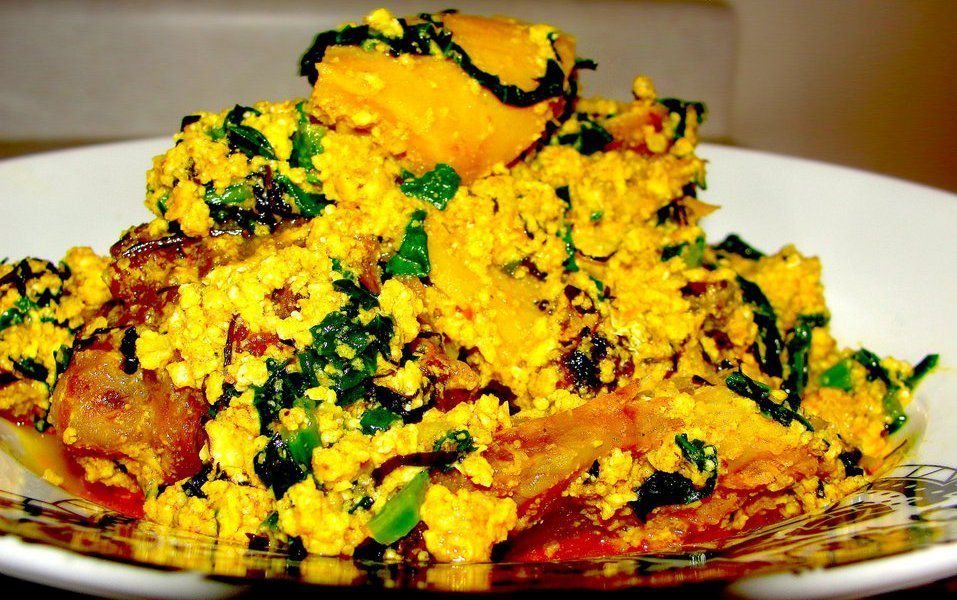
can of pureed this and pureed that she bought remained opened and wasted while the little baby cried for local foods like yam, plantain, and even fufu swallows every time sweet baby sighted an adult eating.
This lovely privileged baby is ready to kick her can of food away and rush to the person eating ordinary low-cost Nigerian food.
At a point, mom got tired and gave up. Baby won as she starts getting the freedom to eat what other members of the family enjoy. There are babies who love these posh things kind of and can take feeders for up to three years if they are given.
There are also some like my boy who preferred cooked baby food to breast milk and weaned himself at nine months in preference for food served on the dining table. Moms like me would even love it when kids prefer breast milk and quick-mix foods because that saves time.
Cooking can be time-consuming sha but what can we do? Feed the little babies well and enjoy their happy company. At this age, the baby is still fed breast milk and cereals while being introduced to these solid foods.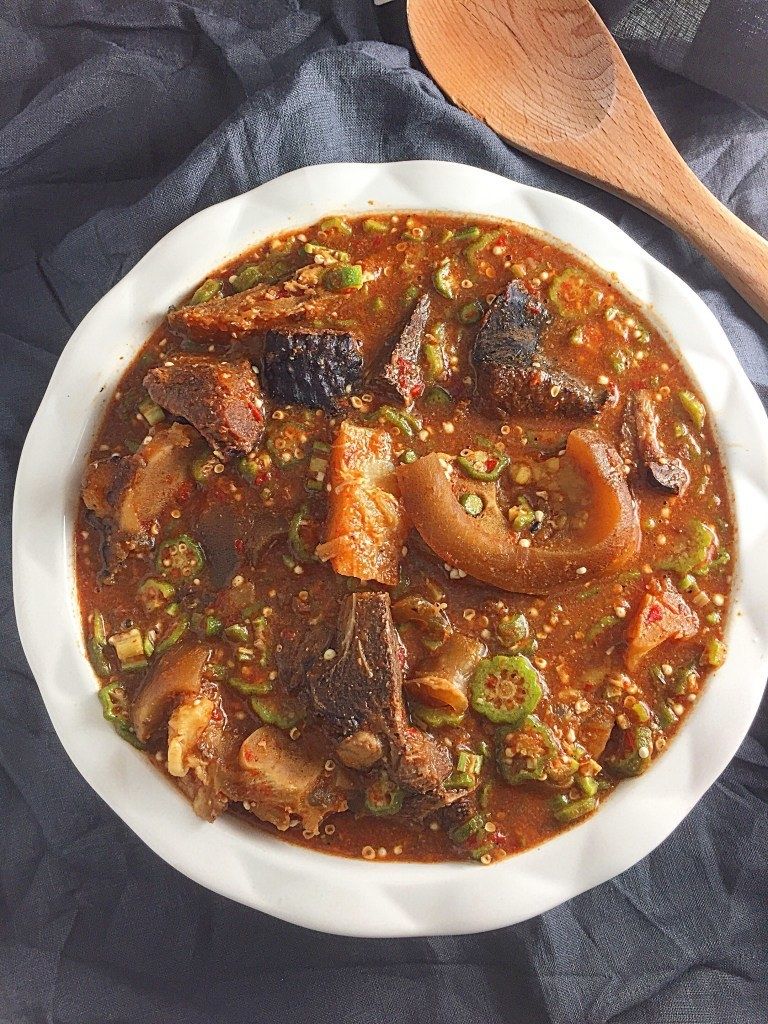
SOLID NIGERIAN FOOD FOR BABIES IN NIGERIA
- Unripe banana ikokore wrapped with ugu leaves.
- Water Yam ikokore wrapped with green vegetables but not uziza.
- Boiled and mashed unripe plantain with stew.
- Mashed yam porridge>
- Irish potato porridge>
- Beans and sweet potato porridge.
- Boiled ripe plantain with beans.
- Boiled ripe plantain with stew.
- Bread and beverage. Dip tiny pieces of bread in a beverage (Nigerian tea) and feed the baby.
- Coconut milk moi moi.
- Semo with okra soup.
- Eba with ogbono soup.
- Wheat with vegetable ogbono soup is great for babies in Nigeria.
- Coconut rice cooked soft.
- Fried rice cooked soft or mashed after cooking.
- Jollof rice cooked soft with little or no pepper.
- Noodles for babies parboiled before cooking (Parboil and throw away the water before stir-frying with vegetables).
- Macaroni Jollof.
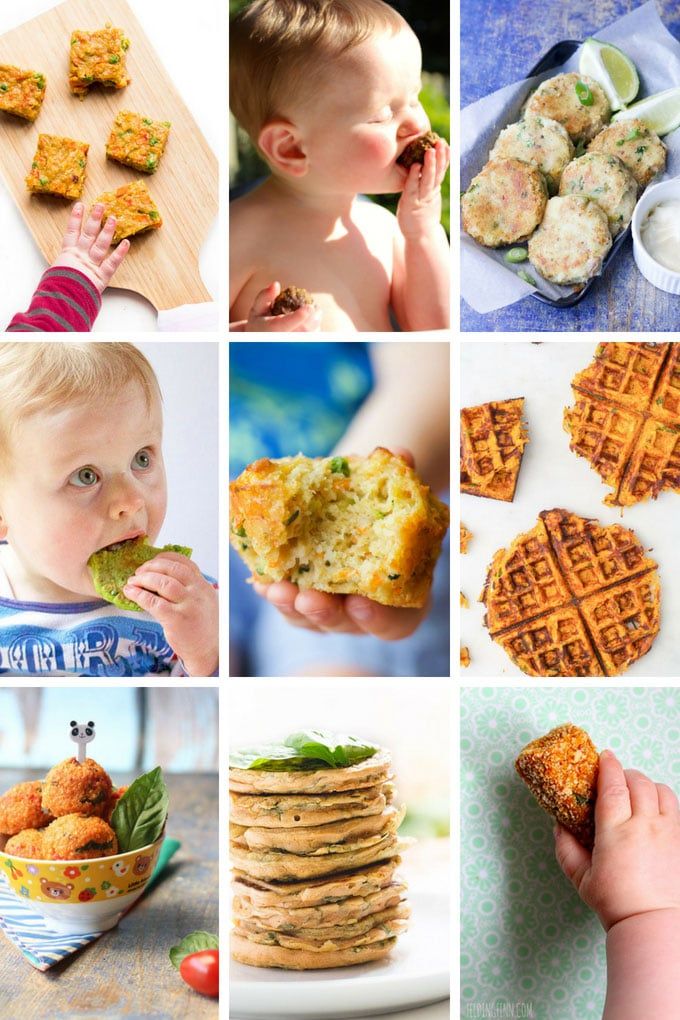
- Spaghetti Jollof.
Palm oil rice and beans one pot cooked soft.
HOW TO MAKE BABY FOOD WITH FAIRLY RIPE PLANTAIN
INGREDIENTS FOR BABY FOOD PLANTAIN:
- 2 fairly ripe plantains
- salt to taste
- Ground dried fish. You can debone your dried fish and grind yourself using the blender in your kitchen.
Water for blending and that is all.
The only items needed to make these baby food are A blender for the plantains, a non-stick pot, or a heavy-based cooking pot so that it doesn’t start to burn. A stirring spoon or spatula, Your gas cooker or stove, and some clean water
To MAKE BABY FOOD WITH PLANTAIN, Use fairly ripe plantain. You can use unripe plantain but they enjoy the fairly ripe ones more.
Please know that very ripe plantains are still ok but the fairly ripe ones taste better as they are not too sweet.
- First, wash and peel the plantains.
- Chop into tiny pieces and blend and pour into a clean bowl.

- Next, add a little oil and salt, stir very well.
- Add some ground dried catfish and mix. Check for salt and add a little if needed.
- Finally, wrap the blended fairly ripe plantain in broad leaves also known as moi moi leaves and steam. To steam this plantain meal for babies, you need to place some stones or gauze. You can place anything that prevents the blended plantain wraps from sitting directly on the water.
- Finally, place the pot on the stove, add some boiling water to the bottom of the pot and cover to cook. The water shouldn’t touch your plantain wraps.
Another method of making this baby food with plantains is to drop a little oil in the pot.
- Add the blended plantains, salt, and ground dried fish.
- Then stir continuously until it’s done.
- Blended fairly ripe plantain cooks really fast. You can break for a couple of seconds while stirring, and then resume and break again just like that until it quickly cooks.
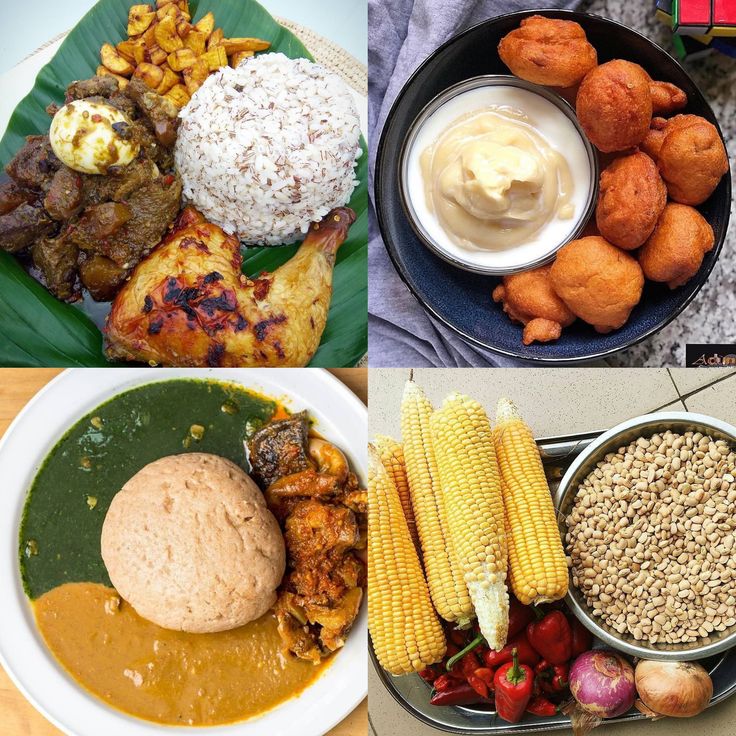 Wash your hands and feed the little ones.
Wash your hands and feed the little ones.
If you make this meal and your baby doesn’t ask for more, please tell us below. This baby food is loved by every Nigerian baby that has tried it. No parent has given any feedback that their baby did not enjoy this delicious plantain baby food.
Homemade baby food is the best for your baby if you have the time. Making baby food yourself, helps you experiment with variety, and come up with a list of the foods your child enjoys eating and the ones he doesn’t like.
When you create time for homemade baby food, it’s easier to identify what ingredient your child reacts to if he has any food allergies.
Because you are adding the baby food ingredients yourself, in the case that there is an allergy to food, you quickly start withdrawing some ingredients until you discover the ones to completely delete from the recipe and another important thing about homemade baby food is that you can come up with your own customized baby food exclusively for your little one due to what he loves to eat.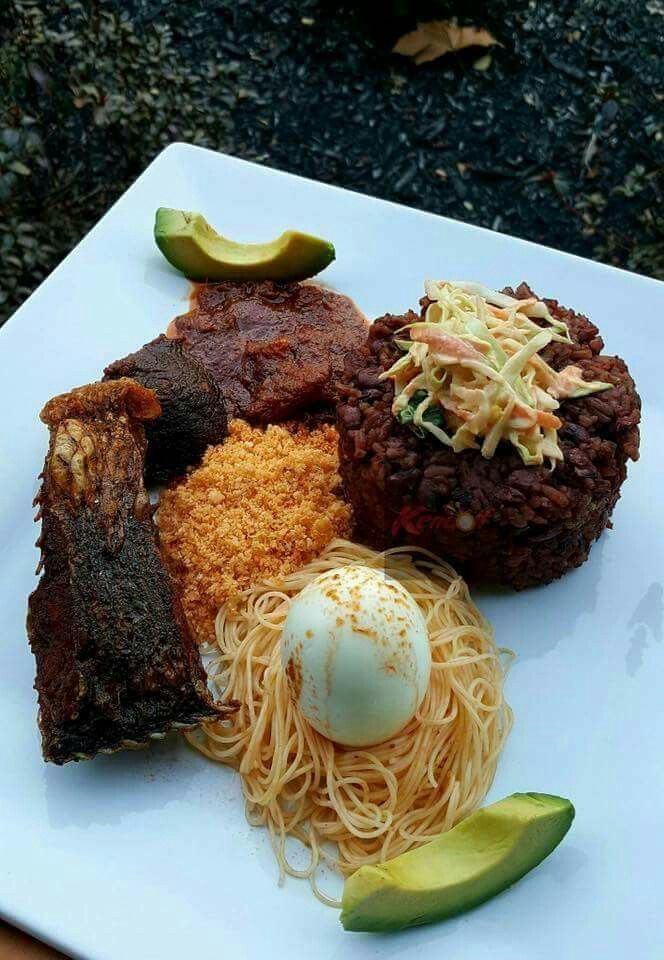
Every child is different. Making baby food for your child gives that cute baby the opportunity to enjoy special meals that other kids may not be privileged to eat.
CONCLUSION ON NIGERIAN FOOD FOR BABIES:
Our list of homemade Nigerian food for babies is very organic. The food is not processed, cooked without artificial colors. When we make baby food colorful, we blend sweet red bell peppers or use palm oil to create bright colours. We also add color with tomatoes. Not forgetting that these tomatoes, palm oil, or tatashey (sweet red bell peppers) don’t go well with all foods.
We add only to recipes that taste better with them. Homemade Nigerian baby food is the best for any baby. Organic foods are the best baby foods anywhere right now. If you cannot find the time to cook homemade baby food always, you can just include them whenever it’s ok but, make sure that from time to time, your baby is fed with homemade (home-cooked) baby food.
This 20 Nigerian food for babies from 6 months on is loaded with variety to take your baby for as long as you want.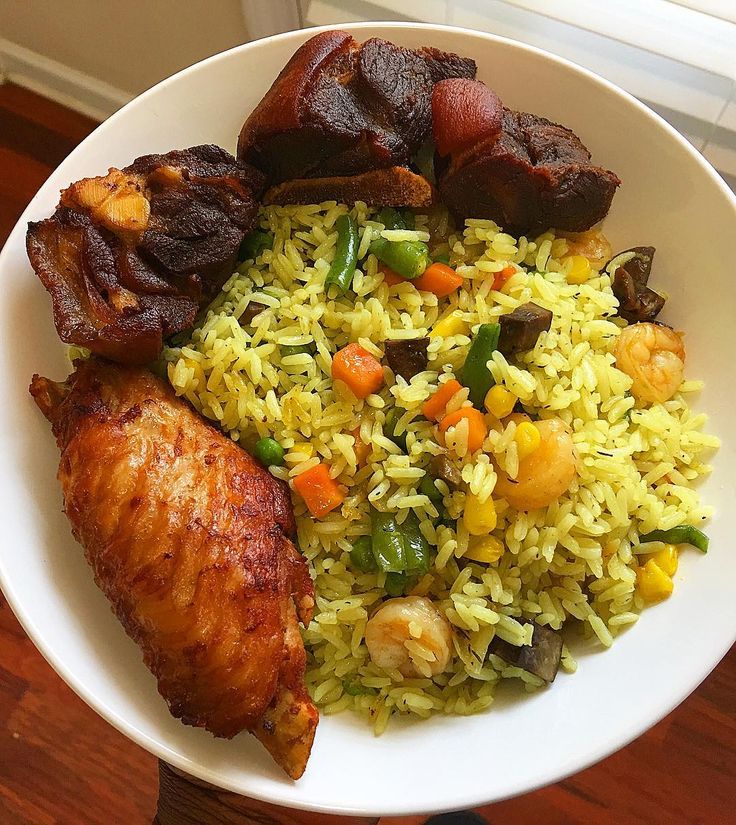
SEE ALSO: Naming ceremony outfits in Nigeria
Can you think of any other Nigerian foods good for six-month-olds? Please share by leaving a comment below. If you find this post useful, kindly share to enable more people to find it.
Try these recipes
- Foods to eat during pregnancy in Nigeria
- Can I add sugar to pap for my baby?
- Health benefits of moi moi and pap
YOU MIGHT LIKE THESE TOPICS
- How to properly boil ripe plantains
- Fairly ripe plantain and yam porridge
- Egg tomato stew with plantains
7 Nutritious Nigerian Foods For Toddlers
Toddlers need to eat a lot of foods that are rich in nutrients. These foods would aid their growth and also help strengthen their immune system, keeping them safe from diseases and illnesses. It is normal for toddlers to be interested in foods that are sweet, mostly processed foods and junk, which do not add anything to the body. But it is very important that they are fed, at all times, with healthy, nutritious foods.
Another thing is that toddlers have to be given foods that they can easily eat. This is why you do not just give a toddler any kind of food to eat. Some foods might be hard or strong for the toddler to enjoy. This is why you have to be deliberate about the kind of foods you give to your child.
In today’s article, we would be looking at some nutritious Nigerian foods that you can give to your toddler.
1. CustardAlthough custard is for everyone, regardless of their age, it is often seen as a food that is reserved for toddlers. It is liquid, so it is good for toddlers who do not even have teeth. It is also very easy to digest. How sweet you want the custard depends entirely on you. You can also add fruits like bananas to it, just to make it more appealing for the child.
Custard is very rich in carbohydrates because it is made from corn starch. Some brands also fortify theirs with various nutrients and vitamins, including copper and selenium. Depending on how you make the custard, if you add milk, that would add more nutrients, like calcium, to the food, making it a nutritious feast.
Depending on how you make the custard, if you add milk, that would add more nutrients, like calcium, to the food, making it a nutritious feast.
Pap and custard are very much alike. They are both made from corn, but while custard is dry and in powder form, pap is wet and moulded into a ball. Pap (Akamu or ogi) can be made using just corn or adding millet to the corn. It is prepared the same way as custard, by adding hot water to it and letting it thicken. You may then garnish as you would like, although it is best to keep the sugar levels moderate.
Pap is rich in nutrients like carbohydrates, calcium, sodium, potassium, iron, magnesium, and so much more. By adding pap to your kid’s diet, you are introducing a range of nutrients to their system. Pap is not just among the nutritious nigerian foods for toddlers, it is also affordable.
3. CerealsYou can also introduce your toddlers to cereals. Cereals, like cornflakes or oats, are very good for kids because they are nutritious and satisfying. Oat is a meal that is for anybody because of how nutritious it is. It is a type of whole grain and contains a lot of essential nutrients that would aid your toddler’s physical and mental growth.
Oat is a meal that is for anybody because of how nutritious it is. It is a type of whole grain and contains a lot of essential nutrients that would aid your toddler’s physical and mental growth.
Some cereals are also specially fortified with the right nutrients for growing children. So make sure to keep your eye out for that when you go shopping for food for your toddler.
4. BreadWho does not like bread? Bread is also another nutritious food you can give to your toddler. What is great about bread is that you can pair it with other things like tea, eggs, butter, jam, or even stew. Eating bread is something your toddler would never get tired of.
Bread is very rich in carbohydrates, as it is made of flour. It also contains other nutrients like fats, calcium, protein, iron, and more. This is because it is made with other ingredients like eggs, milk, butter, and so on.
5. MilkInstead of giving your toddler soda and other unhealthy drinks, simply give them a glass of milk.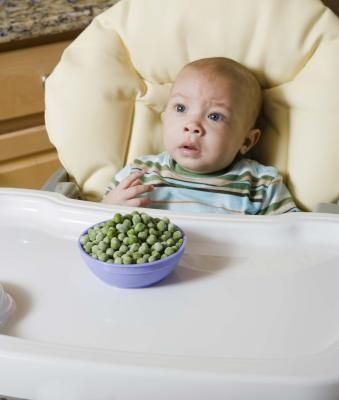 Milk is very rich in calcium, which helps with the growth and development of strong bones and teeth. The importance of calcium to a growing child cannot be overstated. Some of the foods you feed your child might contain calcium, but you can always give them a glass of milk to supply their body with more calcium.
Milk is very rich in calcium, which helps with the growth and development of strong bones and teeth. The importance of calcium to a growing child cannot be overstated. Some of the foods you feed your child might contain calcium, but you can always give them a glass of milk to supply their body with more calcium.
Sweet potatoes are another great option when it comes to nutritious Nigerian foods for toddlers. They are packed with potassium, vitamin C, fiber, and beta-carotene. Sweet potatoes are also very high in manganese, vitamin B6, and pantothenic acid. The health benefits of sweet potatoes for babies include improving eye health, boosting brain development, and strengthening the immune system.
Furthermore, most babies prefer to eat sweet potatoes over other vegetables because of their naturally sweet taste.
7. BeansThere are a lot of reasons why beans are one of the healthy Nigerian foods for toddlers.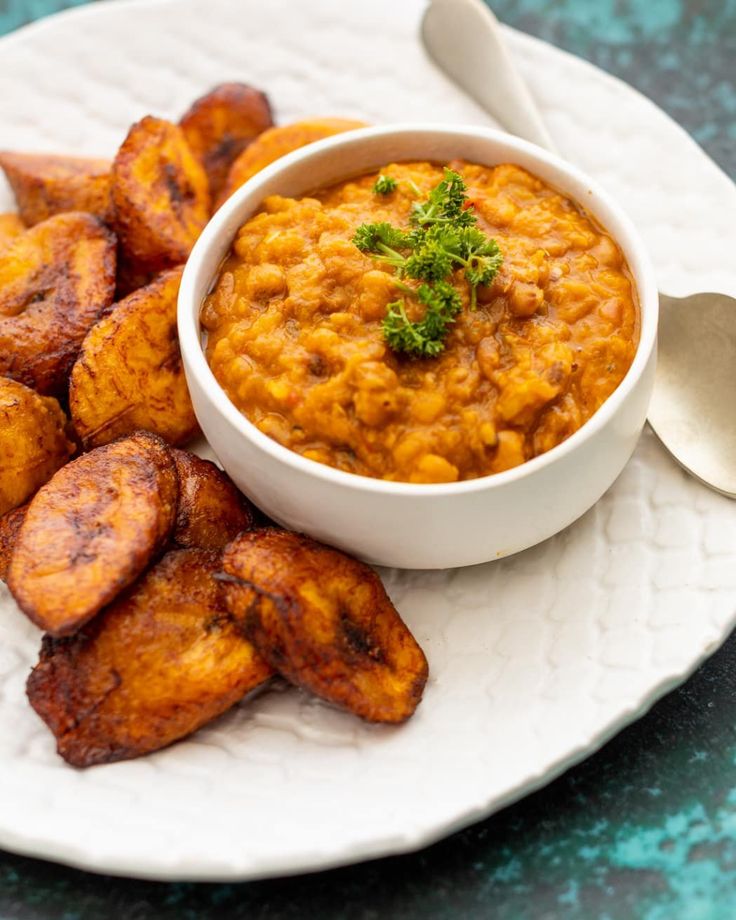 It can be puréed easily, delicious, easily paired with any other meal, and above all, is highly nutritious.
It can be puréed easily, delicious, easily paired with any other meal, and above all, is highly nutritious.
Beans are packed with nutrients that are vital for your toddler’s health, such as iron, magnesium, potassium, calcium, and protein — which is critical for growth in toddlers.
Other healthy Nigerian foods for toddlers include rice, eggs, akara, yam purée, and vegetable soup.
YOU SHOULD ALSO READ:- 12 Nigerian Foods That Boost Breast milk Production
- 10 Nigerian Foods to Avoid When Trying to Lose Weight
- 8 Healthy Nigerian Foods for Babies
- 10 Nigerian Foods That Lower Blood Sugar
- 10 Nigerian Foods That Are High In Sugar
- 10 Nigerian Foods That Can Relieve Constipation
- Common Nigerian Foods That Balance Hormones
- 7 Healthy Nigerian Foods for Hypertensive Patients
- 10 Healthy Nigerian Foods Rich In Calcium
The diet of a one-year-old child / What and how to feed a baby - an article from the "What to feed" section on Food.
 ru
ru Principles of nutrition for a child per year
If a child has 6-8 teeth per year, and he looks with interest into the plates of his parents , this does not mean that it is time for him to change to a common table. At the very least, the diet of a one-year-old child should be very different from that of an adult.
Adult food is often unbalanced, prepared in an unsuitable way for a baby, contains a lot of sugar, salt and spices. Such food harms the growing body. Therefore, first of all, build the right diet.
-
It is recommended to eat 3-4 times a day for 300-400 g plus 1-2 snacks between feedings.
-
From the first year of life, the baby can chew solid food.
-
If lactation continues, breastfeed until 2 years of age.
-
Avoid fast food and sugary sodas.
A one-year-old's diet might look like this:
-
8:00 - breakfast.
-
12:00 - lunch.
-
16:00 - afternoon tea.
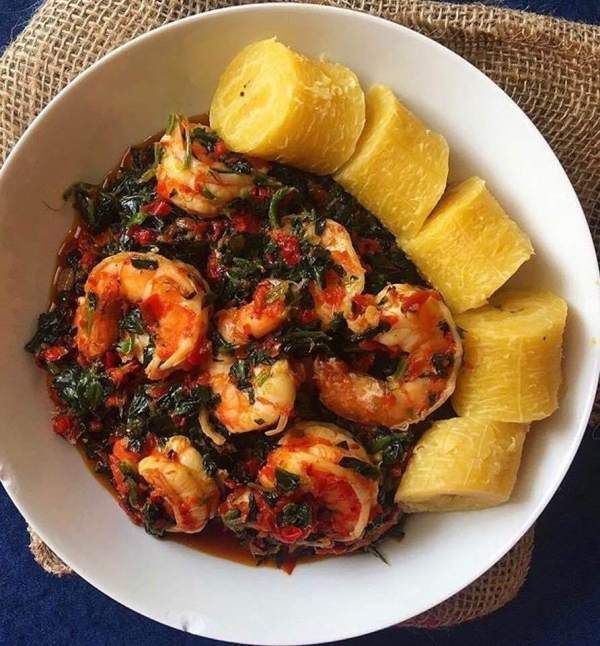
-
19:00 - dinner.
-
21:00 - snack.
Advice
600 ml is the recommended amount of milk for a baby to drink daily.
If breastfeeding, feed your baby after waking up, in the afternoon after dinner, or before bed. You need to feed at the same time with a delay of 15-20 minutes.
Proper nutrition helps to form reflexes, which improves the absorption of nutrients in the body.
How much should a one year old child eat
A baby's diet should include 1000-1400 kcal per day. The calculation is as follows: multiply the weight of the child by 100 kcal.
The calorie content is distributed as follows:
-
Breakfast - 250 kcal;
-
lunch - 350 kcal;
-
afternoon tea - 200 kcal;
-
dinner - 200 kcal.
Healthy food contains enough vitamins, minerals and nutrients: proteins, carbohydrates and fats. It is necessary to include fatty foods in the child's diet: milk, butter, sour cream, cream.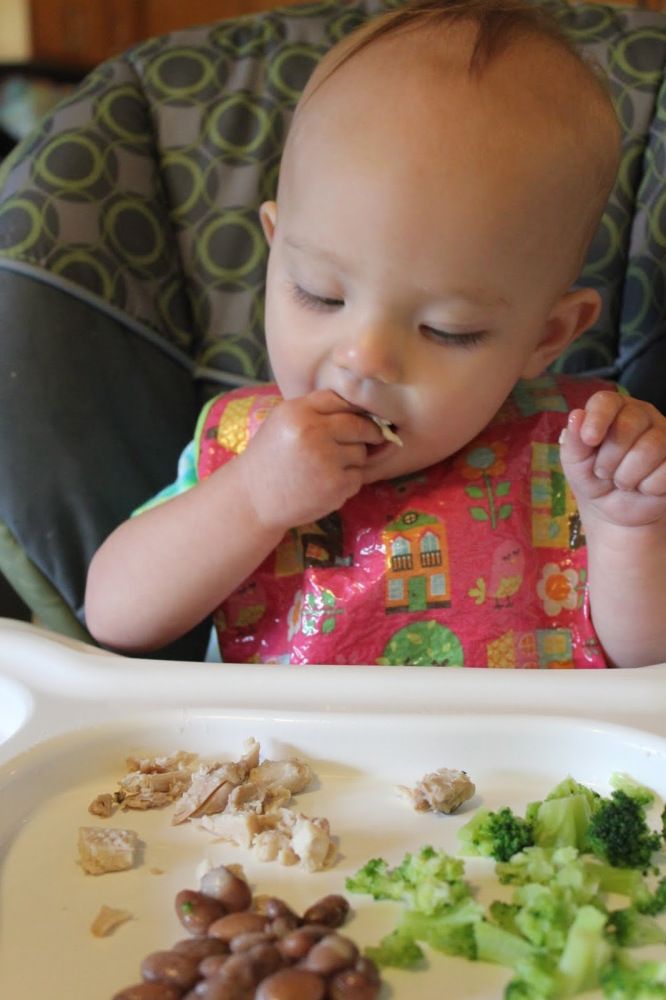 Fatty food promotes the absorption of trace elements in the body.
Fatty food promotes the absorption of trace elements in the body.
Interesting fact
10% of one-year-old children in Russia are overweight. They are not properly fed, they are allowed to eat fast food and drink soda. Obesity at an early age leads to vascular disease, heart disease, diabetes, mental disorders and other serious disorders.
Child's menu per year
Balanced menu includes specialty meals designed to meet the needs of children, plus "adult" foods: meat, fish, eggs, dairy products, fruits, vegetables, cereals, bread, pastries and legumes.
It is good to eat milk porridge for breakfast. It is a rich source of vitamins, minerals and fiber. Fiber is good for intestinal microflora: it regulates the balance of beneficial and harmful bacteria.
Meat is a source of animal protein, indispensable for a growing organism. WHO recommends that children eat 60–70 g of meat per day. It can be served as steam cutlets, meatballs in soup, or any other attractive form.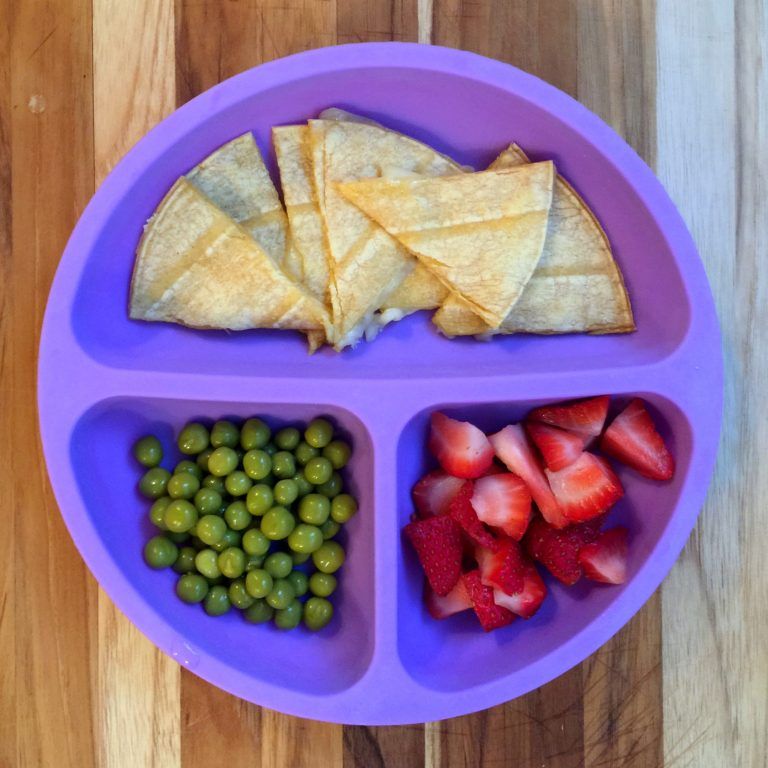 Offal and meat products are harmful to a one-year-old child.
Offal and meat products are harmful to a one-year-old child.
It is also desirable to gradually expand the vegetable menu. Vegetables contain many vitamins, minerals, trace elements and organic acids that are beneficial to the body. Gradually introduce boiled carrots, cabbage, zucchini, turnips, beets into the baby's diet.
Legumes are a source of vegetable proteins. Beans, lentils, green peas diversify the baby's diet. They contain useful trace elements, vitamins, as well as coarse fiber. Therefore, legumes need to be boiled and chopped in a blender. Beans should not be eaten too often either, as they cause bloating and, in rare cases, diarrhea.
Fruit diet improves immunity, especially in winter when the body is weakened. Fruit goes well with cereals or served as smoothies and juices.
Sugar and salt lead to nutritional imbalances, cardiovascular problems and obesity. Avoid cakes, pastries, chocolate bars and other sweets. Replace sugar with fructose, which is abundant in fruits, or honey.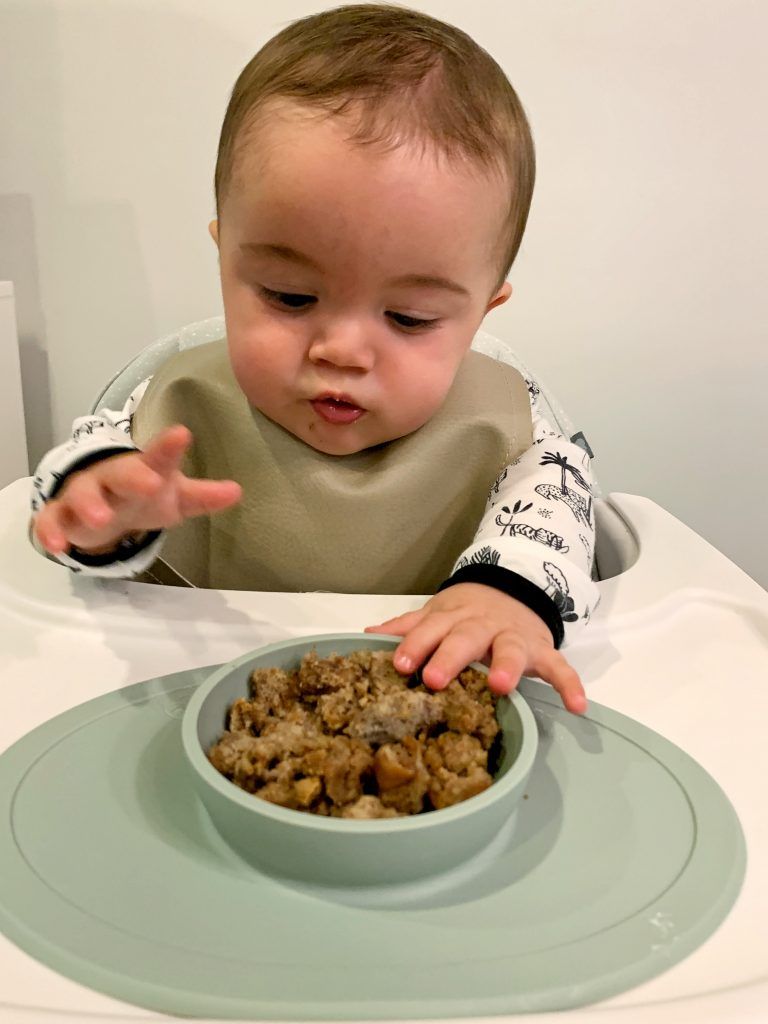
What to drink? Water, lots of water. It is advisable to make sure that the child has drunk a glass of liquid after eating. He himself will not ask, because he still does not know how. When a one-year-old child is thirsty, he begins to act up. Sweet soda should be excluded from the diet of the baby.
What foods should not be given to a one-year-old child
Approach the baby's menu carefully. Do not rush to transplant him to an adult table. Among the forbidden foods for a one-year-old child:
-
Fried foods, including chips, snacks and fast food.
-
Meats and offal such as sausages and sausages, other than liver, heart and tongue.
-
Curds, ice cream, condensed milk, koumiss.
-
Mushrooms.
-
Products containing colorants and flavors.
-
Cream confectionery containing vegetable protein.
-
Carbonated drinks.
-
Concentrates like Doshirak.

-
Caramel and gum.
-
Pickled vegetables and fruits.
-
Spices and condiments, including ketchup, mayonnaise and other sauces.
-
Smoked products.
Advice
Buy food from stores labeled "Baby Food". The label often says for what age this product is intended. There are no additives, GMOs, artificially grown products and other things in baby food. Read the contents of the label carefully. Often unscrupulous manufacturers use false labels for marketing purposes.
What to do if the child does not want to eat
It is difficult to persuade children to try unusual food. There are four ways to deal with this problem:
-
Lead by example before introducing new foods. When he sees that adults eat with appetite, he involuntarily wants to try it. But remember that the baby gets used to a new food only from the tenth time.
-
Try one new product at a time.
 A child needs time to get used to it. New food should be combined with what is already loved.
A child needs time to get used to it. New food should be combined with what is already loved. -
Don't force your child to eat something they don't like. Let him choose what he wants.
-
Food should be as simple and familiar as possible. Children do not like dishes with many obscure ingredients like casseroles.
Tip
Babies eat better when they are relaxed. Work up an appetite during a walk or after a game. Never teach children to watch TV or smartphones while eating. Eating should be extremely calm.
Benefits of pre-mixed formula
Don't be afraid to switch babies to formula instead of breastfeeding. They benefit the baby's body, unlike, say, goat's milk. Goat's or cow's milk is too low in nutrients and high in protein. Its digestion increases the load on the gastrointestinal tract of the child and leads to obesity.
Three advantages of mixtures:
-
Contains polyunsaturated fatty acids that are beneficial for the baby's body.
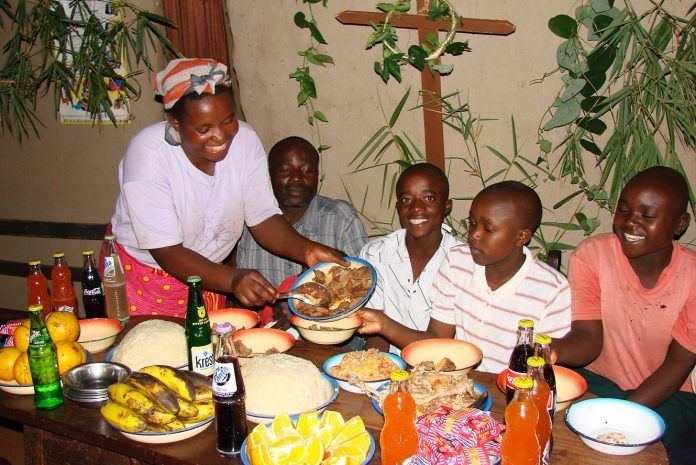
-
Rich in probiotics and prebiotics, live bacteria that maintain normal intestinal microflora.
-
Give your child the necessary balanced intake of vitamins and minerals.
Tip
Formula will not replace breast milk.
What can be done?
Set a clear power mode. Make a menu for every day: breakfast, lunch, afternoon tea, dinner, snack. Write down the products and their quantity. The children's menu should be varied and balanced, contain sufficient nutrients, minerals and vitamins. Introduce new foods gradually and do not force the child to eat something that he does not want in a year.
Read more about children's nutrition:
-
How to improve your child's health during the off-season. Simple tips from an expert
-
How to improve your child's appetite. Instructions for parents
-
6 healthy fiber foods. How to feed a child so that he is healthy
Which dairy products should not be given to children?
/ All materials
Whole milk
Elena Solomonovna Keshishyan, Director of the Center for the Correction of the Development of Young Children of the Federal State Institution of the Moscow Research Institute of Pediatrics and Pediatric Surgery, Doctor of Medical Sciences, Professor:
“In the first months of life, a child's reaction to whole milk may be an allergic reaction to cow's milk protein, which manifests itself in the form of profuse skin rashes, accompanied by skin inflammation and itching. Also, the reaction to cow's milk protein can also be from the digestive tract: a violation of the intestinal mucosa, up to the appearance of blood streaks in the stool with the formation of colitis and a violation of the microbiocenosis of the gastrointestinal tract. Therefore, it is better to postpone the introduction of cow's milk as long as possible: after a year, and preferably after a year and a half. By this age, all enzymes mature and this protein no longer has such a pronounced pathological effect.
Also, the reaction to cow's milk protein can also be from the digestive tract: a violation of the intestinal mucosa, up to the appearance of blood streaks in the stool with the formation of colitis and a violation of the microbiocenosis of the gastrointestinal tract. Therefore, it is better to postpone the introduction of cow's milk as long as possible: after a year, and preferably after a year and a half. By this age, all enzymes mature and this protein no longer has such a pronounced pathological effect.
The same recommendations apply to goat's milk, which, in addition to all of the above, contains little vitamin A compared to cow's. But we are talking about whole milk. Adapted milk formulas based on cow's or goat's milk, if a woman refuses to breastfeed or is unable to do so, are close in nutritional value to the composition of breast milk, and they are given to children in accordance with the age indicated on the label.
Porridge with milk
Fermented milk products
When feeding children under three years old, pediatricians advise using products intended exclusively for baby food: special fermented milk products for children, children's kefir, children's yoghurts and children's curds. During the production process, they are adapted according to the protein, carbohydrate, fatty acid composition - the level of protein and minerals decreases. This can significantly reduce the burden on the child's kidneys.
During the production process, they are adapted according to the protein, carbohydrate, fatty acid composition - the level of protein and minerals decreases. This can significantly reduce the burden on the child's kidneys.
Cottage cheese
Elena Solomonovna Keshishyan, Director of the Center for the Correction of Early Childhood Development of the Federal State Institution of the Moscow Research Institute of Pediatrics and Pediatric Surgery, Doctor of Medical Sciences, Professor:
“This complementary food must be introduced. It is from 6 - 7 months that active growth of teeth begins, and cottage cheese contains a lot of calcium, which is necessary for the qualitative growth of bones and teeth. In addition, calcium serves as a preventive measure for rickets. At the same time, cow's milk protein present in cottage cheese in most cases does not have a pathological effect on the body, because is denatured by cooking."
"Fortress", "Biolact"
Baby kefir
Yogurt
Cheese
This dairy product, although not associated with baby food, will help diversify the taste sensations of a child who begins to show interest in "adult" food. Up to a year, you can give it just to suck, evaluate the taste. At the age of 1-1.5 years, starting from 5 grams, cheese can be added to mashed potatoes, after rubbing it on a fine grater. It is important that the cheese is semi-hard and not spicy, not too salty, and the fat content does not exceed 55% (in dry matter). It is better to choose special children's cheeses that are starting to appear on the shelves.
Up to a year, you can give it just to suck, evaluate the taste. At the age of 1-1.5 years, starting from 5 grams, cheese can be added to mashed potatoes, after rubbing it on a fine grater. It is important that the cheese is semi-hard and not spicy, not too salty, and the fat content does not exceed 55% (in dry matter). It is better to choose special children's cheeses that are starting to appear on the shelves.
Cream and sour cream
January 11, 2016
Advertising
Advertising
The name of the Contacting Organization
Contact person
6
E-mail
9000 9000
I have read and accept the Rules for the Functioning of the Independent Quality Control System "Roskontrol".
Product name
Product category
Brand
Barcode
Production information
Main characteristics
Product photo
×
Tariff
You have selected subscription level Free .